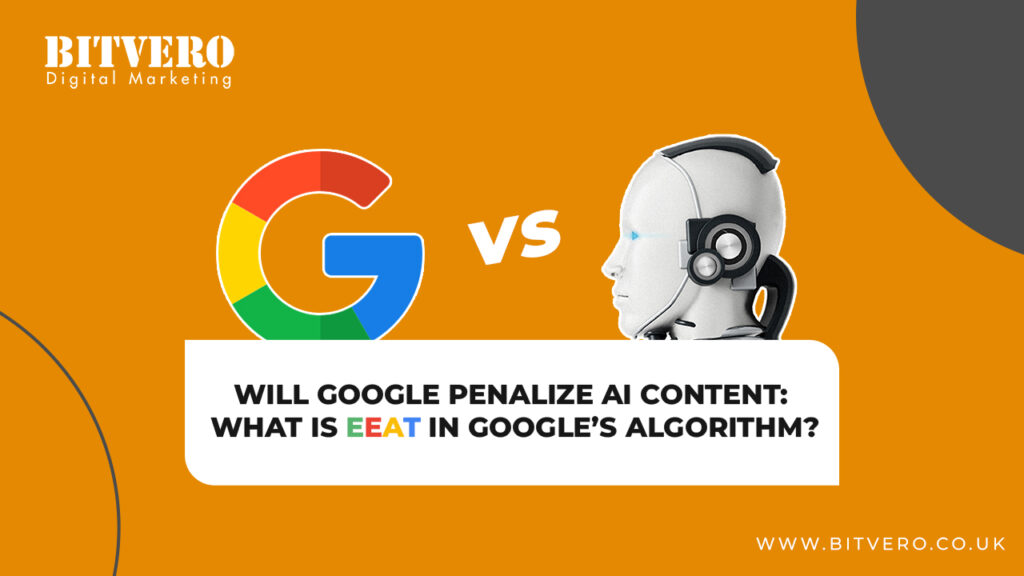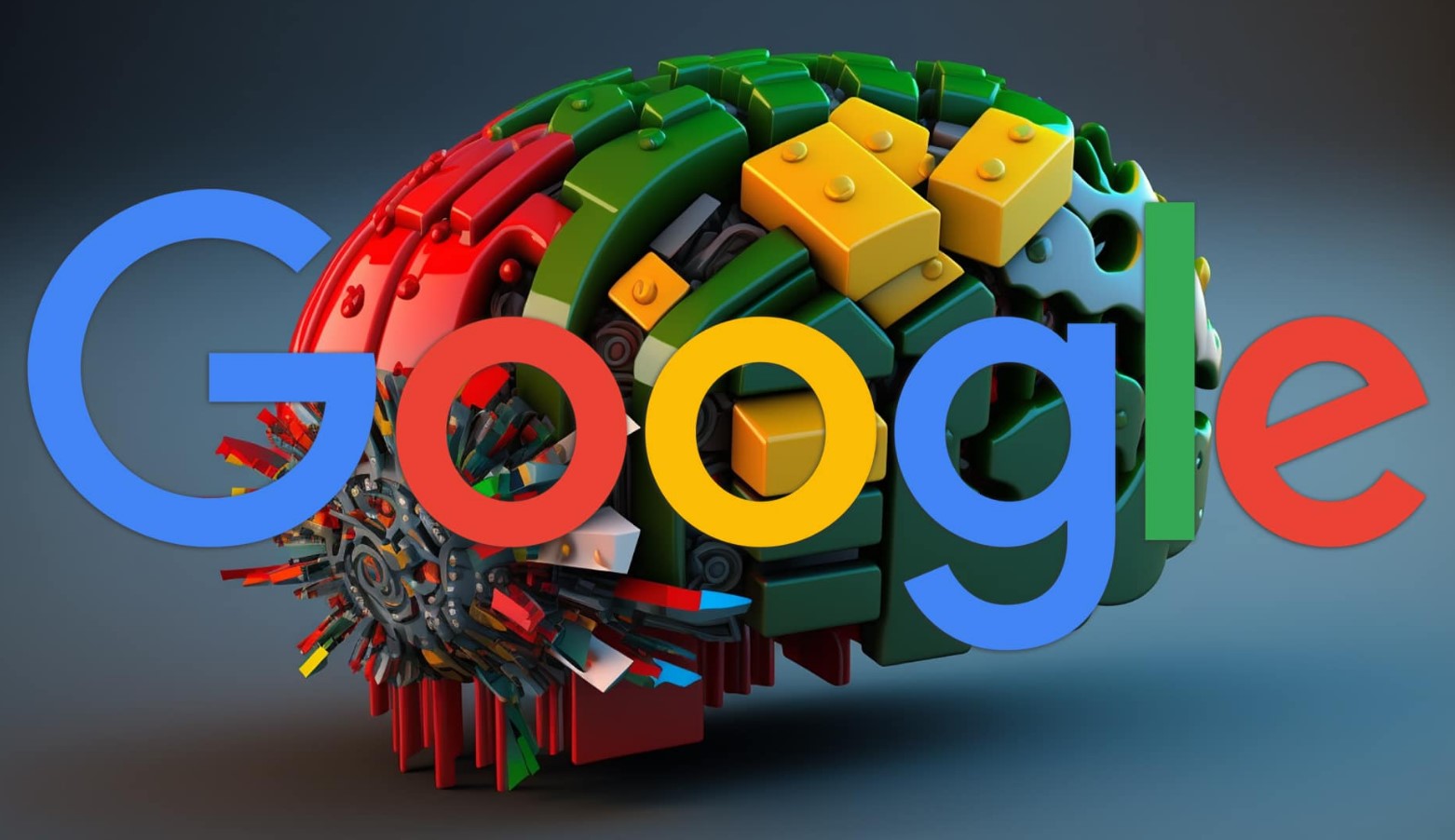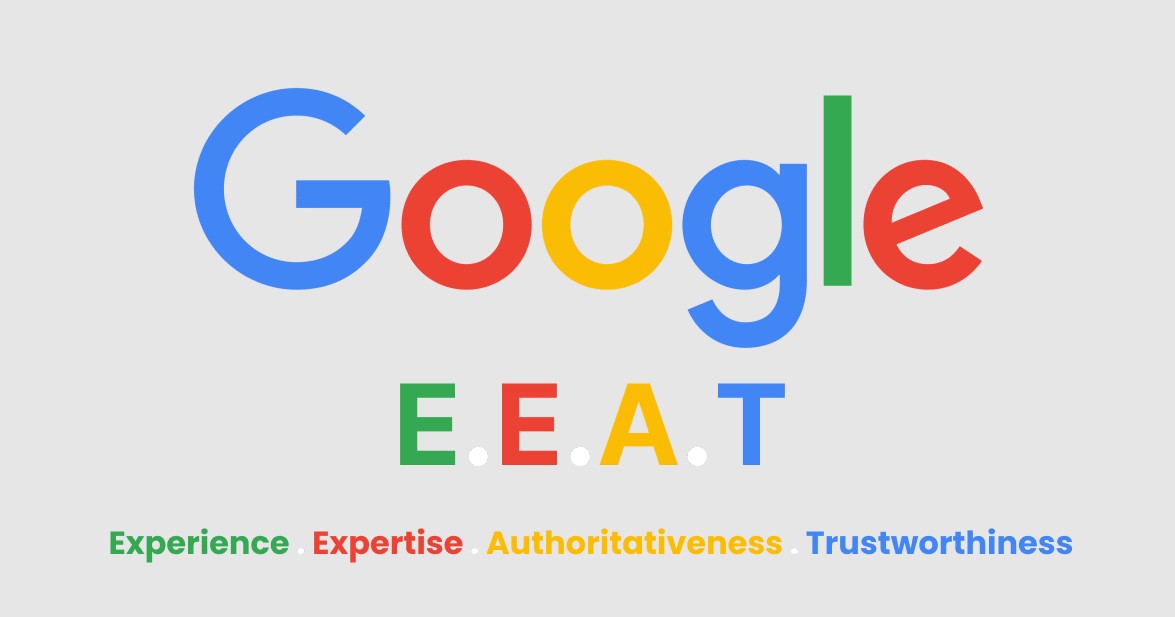Will Google Penalize AI Content: What is EEAT in Google’s Algorithm?

Since the launch of ChatGPT, it has been a matter of discussion among people if Google can detect content generated by it. And even if it can detect it, will it penalise that content?
In this regard, Google’s Search Advocate, John Mueller, made a statement earlier in 2022.
Meuller said that content written by AI tools (irrespective of which tool has been used) goes against the webmaster’s guidelines, and thus Google may consider it spam.
Note: Watch the video here.
This statement of Mueller almost convinced people that Google would actually penalise their ranking if they used AI content. However, the statement was made prior to the launch of ChatGPT.
Before ChatGPT, people were using content written by AI tools, but that was not so common. It was ChatGPT that made AI content so popular.
As the use of content generated by ChatGPT continued to rise, there also sparked concern among people if it would lead to negative consequences.
People started to discuss if Google would suppress their rankings due to AI content.
In response, Google finally issued guidelines informing what Google thinks about AI content & how it will be treated.
Google said that considering whether it should penalise AI content will depend on the fact that content is not meaningless to users and demonstrates EEAT qualities.
Let’s try to under what Google said about AI content in its guidelines and what EEAT qualities are.
What does Google say about AI content?
In its guidelines issued on February 8, 2023, Google said it favours content that showcases qualities such as expertise, experience, authoritativeness, and trustworthiness; in short, EEAT.
According to Google, it believes in providing its users with high-quality and reliable output. Thus, it has designed its ranking systems to favour content that seems more reliable and informative and has been written with the people-first approach rather than to rank high in search terms.
The guidelines further mentioned that Google has long been dealing with AI content that aimed to manipulate rankings.
If Google detects that content has been used with the purpose of achieving a high ranking, it considers it a violation of spam policies and thus penalises it irrespective of the fact that it was produced- manually or through AI.
The guidelines also mentioned Google’s SpamBrain (AI-based spam-prevention system), created to fight against malicious or spam content.
What is SpamBrain Algorithm?

SpamBrain is an AI-based spam prevention system that penalises content identified as spam or of low quality. Google said the system was started in 2018, and by 2021, it detected 200 times more spam sites.
The system has been utilised to reduce low-quality content and ranking manipulation efforts by penalising them.
For example, with the help of the SpamBrain system, Google said it focused on improving the ranking of product review queries. Google identified and penalised the websites with reviews content that was not genuine and meant to deceive users.
How should content be, according to Google?
Google says the content you share on the website should be original and must provide value to the user. It should contain reliable information with proper research and analysis. Furthermore, it should be
- self-assessed,
- Must provide a great experience,
- Focus on people first content,
- Must not be search engine first content,
- Most importantly, must possess the EEAT qualities
Read Google’s detailed guidelines here to get further information.
What is EEAT?

Google’s automated systems use various factors to rank great content. These factors include-
- Meaning of users’ query
- Relevance of Content
- Quality of Content
- Usability of web pages
Once Google has identified relevant content based on these factors, it prioritises the one demonstrating EEAT qualities.
As mentioned earlier, EEAT stands for Experience, Expertise. Authoritativeness. Trustworthiness. Let’s understand all these individually.
Expertise-: Refers to the in-depth knowledge, skill and understanding of a specific topic, industry or skillset.
Authoritativeness-: Relates to the reputation of the content creators among users.
Trustworthiness-: Indicates reliability, credibility, accuracy and transparency of the content.
While Google gives more weight to content that aligns with strong E-E-A-T, it is not mandatory to demonstrate each and every aspect of EEAT in a single piece of writing.
If your content seems to be written with more expertise, it is not important for it to be authoritative as well. However, trust remains mandatory for all.
You must inject at least one of these aspects of EEAT.
The more EEAT aspects your content demonstrates, the more effective it will be in the eyes of Google.
So, will Google really Penalize AI Content?

Google seems to be neutral in this matter!
Google said that it has always been dedicated to empowering technologies, and it is not the first time that AI has been used to generate information. In fact, people have long used automation in sports scores, weather forecasts, and transcripts which have really proven to be helpful.
However, Google also warned that using AI content by considering it an inexpensive, easy way to rank game search engines could have negative consequences.
Simply, you must not consider AI a golden opportunity for search ranking.
Like, you think you can generate more and more content using AI to incorporate your organic keywords to rank higher, and thus, what you do is quickly generate a piece of writing and publish it to your website without checking its accuracy or making it valuable to the user.
Bitvero’s Opinion & Final Note
In summary, Google loves high quality & reliable content!
While Google acknowledges the use of AI content, citing that it empowers the technology, it also warned to take action if it aims at manipulating raking or lacks meaningful values to users.
Our SEO consultant, Mr Shadab Feroz agrees that Google’s tolerance of AI content does not provide a free pass to flood the feed with keyword-stuffed AI content.
Thus, he suggests you must not consider AI content as a shortcut for search engine optimisation success. And even if you use it, it must not be published without human intervention. He also pointed out the importance of creating reliable, relevant and credible content that must possess EEAT qualities.
